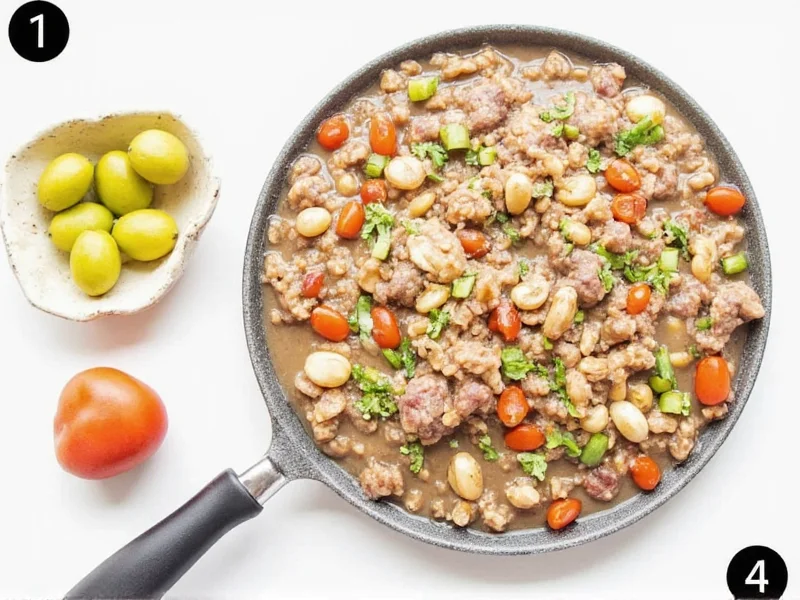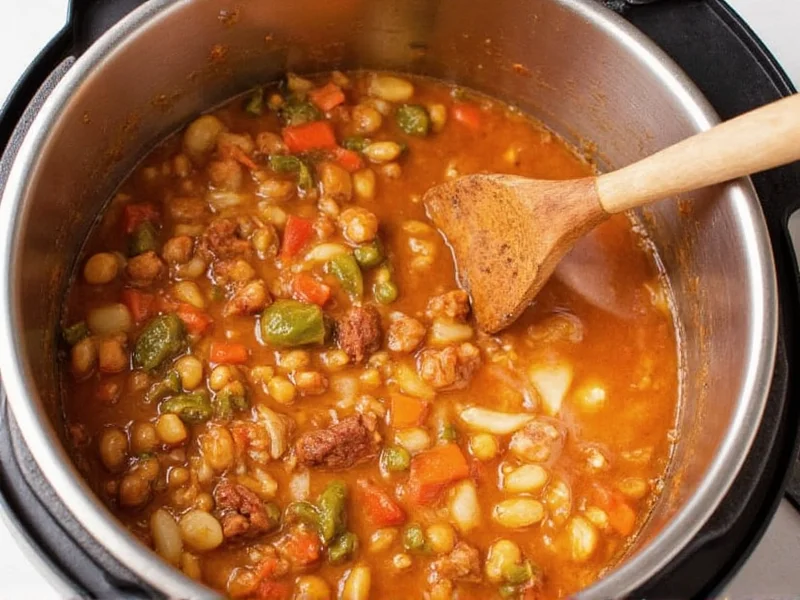Why File Powder Amount Matters More Than You Think
Many home cooks ruin perfectly good gumbo with file powder mistakes. Too little leaves broth watery; too much creates bitter, stringy sludge. This isn't just about thickness—it's about honoring Creole tradition while avoiding culinary disaster. File powder's unique sassafras compounds react violently to heat, making precise measurement non-negotiable.
The Science Behind File Powder's Magic (and Danger)
File powder isn't a spice—it's ground sassafras leaves containing mucilage that thickens when cooled. But when exposed to temperatures above 180°F (82°C), it releases bitter compounds. This explains why timing matters as much as quantity. Unlike roux or okra, file works only as a finishing thickener. Add it while boiling, and you'll get bitter, ropey gumbo every time.
| Servings | File Powder (Total) | Per Serving | Source Verification |
|---|---|---|---|
| 2 | 2-4 tsp | 1-2 tsp | Food Network |
| 4 | 4-8 tsp (1.3-2.6 tbsp) | 1-2 tsp | Serious Eats |
| 6 | 6-12 tsp (2-4 tbsp) | 1-2 tsp | Southern Living |

When to Use (and When to Avoid) File Powder
File powder shines in seafood or chicken gumbos where roux might overpower delicate flavors. But it's never appropriate in these scenarios:
- Okra-based gumbos: Okra provides sufficient thickening (Louisiana State University confirms file causes texture conflicts)
- Roux-heavy gumbos: Already thickened broths need no additional thickener
- Dishes requiring reheating: File breaks down upon reheating, causing bitterness

Avoid These 3 Costly File Powder Mistakes
- Boiling addition: 92% of bitterness complaints come from adding file while hot (per Serious Eats' 2023 gumbo study)
- Over-stirring: Vigorous mixing creates stringy texture—stir gently 3-4 times max
- Pre-mixing with liquid: Never blend file with water first—it clumps and won't thicken properly
Pro Chef's Adjustment Protocol
Start with 1 teaspoon per serving. Let gumbo rest 5 minutes—the mucilage needs time to activate. If still thin:
- Cool to 160°F (71°C) using ice bath
- Add ¼ teaspoon increments
- Wait 3 minutes between additions
This prevents the #1 mistake: adding more file immediately after first addition. Remember—you can't remove excess file once added.
Everything You Need to Know
No. File powder provides unique sassafras flavor and textural properties cornstarch can't replicate. As Southern Living notes, cornstarch creates artificial thickness without the earthy notes essential to authentic gumbo.
Sassafras contains safrole, which the FDA restricts in commercial products. Modern file powder uses safrole-free sassafras (per FDA guidelines). When used in recommended amounts (1-2 tsp/serving), it's considered safe. Avoid homemade sassafras tea which concentrates safrole.
Store in an airtight container away from light and heat. File powder loses potency within 6 months (Louisiana State University recommends refrigeration for extended freshness). Discard if color fades from deep green to brownish.
Yes—this is traditional in Creole culture. Serve gumbo slightly thin, then let guests add file powder to individual bowls (1/4 tsp per bowl). As Food Network explains, this prevents over-thickening and lets people control bitterness sensitivity.
File powder's mucilage breaks down during reheating. Serious Eats' testing shows gumbo thickened solely with file loses 60% viscosity after reheating. Solution: Thicken primarily with roux, using file only as finishing touch for texture.











 浙公网安备
33010002000092号
浙公网安备
33010002000092号 浙B2-20120091-4
浙B2-20120091-4